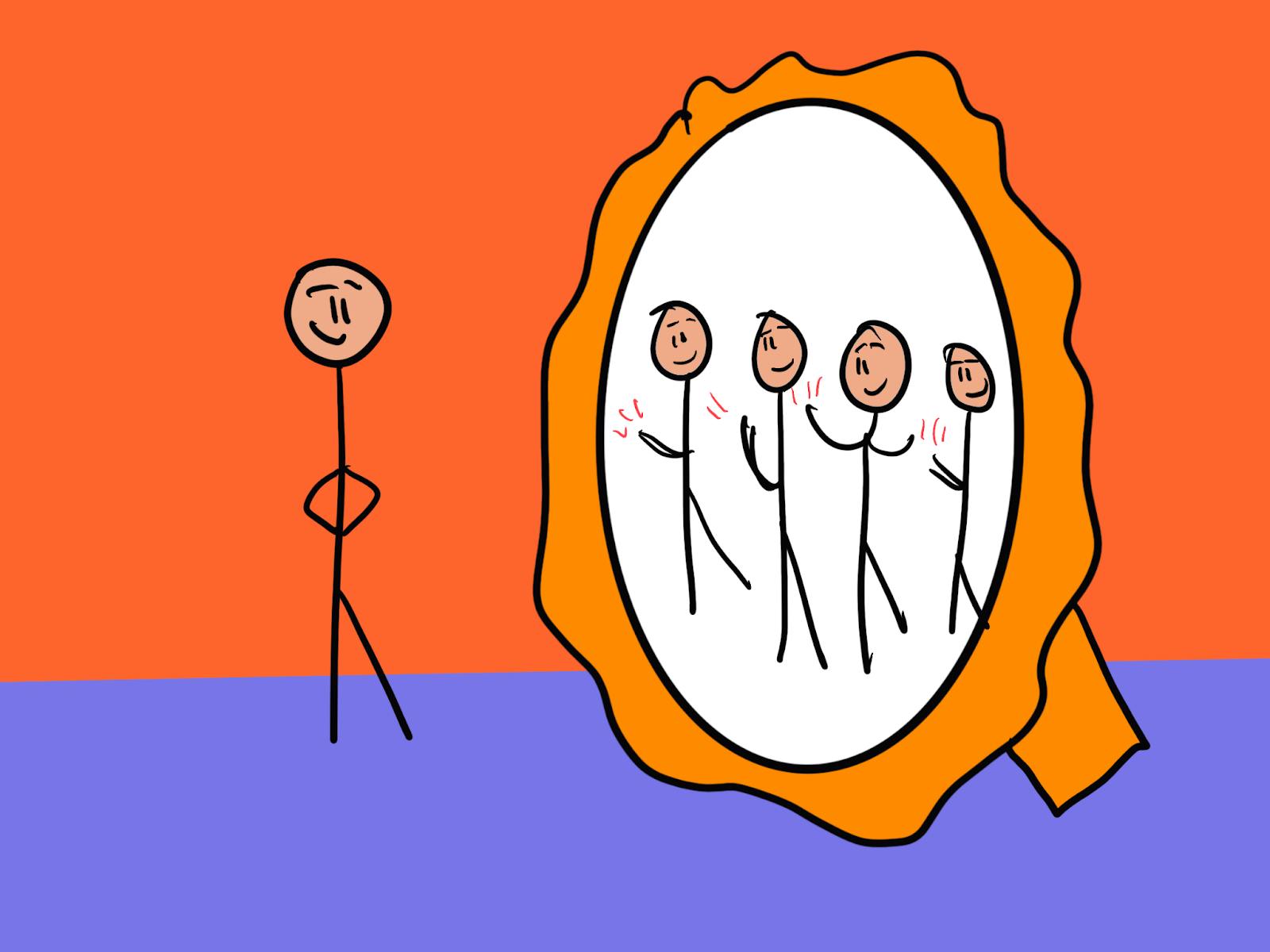Why do we overestimate agreement?
False Consensus Effect
, explained.What is the False Consensus Effect?
The false consensus effect describes how individuals frequently overestimate how much others share their beliefs, values, and behaviors. This implies that people often project their personal attitudes and ideas onto others, assuming they are more common or widespread than they actually are.2

Where this bias occurs
Imagine you are a fitness enthusiast who works out daily and maintains a strict, healthy diet. Over time, you've noticed that you feel better and more energetic. You start believing everyone should adopt a similar lifestyle to reap the same benefits. You assume that most people are interested in regular exercise and healthy eating, just like you.
So, at your next family gathering, you decide to open up the topic and discuss your newfound discovery. But, surprisingly, not everyone is as enthusiastic about it as you are. Some family members prefer a more relaxed way of life, while others have different hobbies and interests. Shockingly, they don't share the same commitment to fitness and nutrition. You are taken aback to discover that your perception about the general consensus on fitness and health was incorrect.
This personal anecdote exemplifies the false consensus effect in action. The bias led you to mistakenly believe that your dream lifestyle of squats and smoothies would be accepted by all. But instead, it highlights how easy it is to project our own behaviors onto society at large.

















